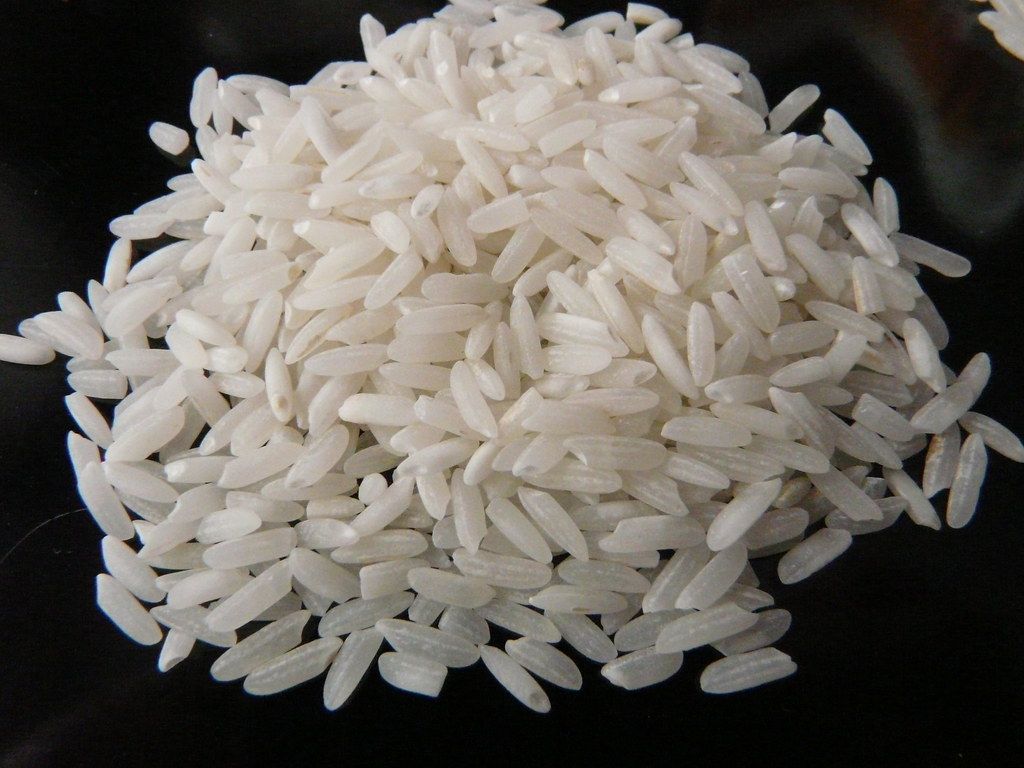Advertisement
Silent Killer Among Us: Burnout
By loren
3 min read
Advertisement - Continue reading below
In today’s working environment it is not uncommon for people to devote long periods of time to their jobs or professions, or even have multiple jobs to make ends meet. Most would say that no one wants to work anymore, but contrary to that myth today’s workforce is overqualified and underpaid, making the average worker commit to longer hours and more responsibilities without the benefit of getting anywhere. With this state of constant activity having a sleepless night here and there, even a migraine or two wouldn’t be uncommon. However, what happens when a person is in a perpetual phase of tiredness? When one’s attitude turns permanently bitter and they are nonstop about work, unable to unwind. When does hard work and hustling get to be overwhelming?
If this sounds familiar, you are not alone. Among the working class, burnout is on the rise. Burnout is an acute state of exhaustion brought about by severe stress over a prolonged period of time. Burnout can take a toll on a person’s physical, emotional, and mentally being, resulting in a period of never-ending dread and hopelessness.
Burnout comes from numerous factors, however, the most common can be directed at work and improper work-life balance. As mentioned previously in this article the current working class is forced to turn all their vitality towards producing results in the office. This tunnel vision can detach us from family, friends, and even hobbies so that we can have no distractions. This lack of harmony puts immense stress on a person, sometimes making it impossible to get out of the rut.
Other causes of burnout can be pointed towards a lack of social support at work and in personal life, unclear or impossible job expectations, and a dysfunctional workplace. A “lack of control” in work and life can be contributors to a state of burnout as well.
Signs and repercussions of burnout can manifest in several ways. A sense of dread about work and increased anxiety may seem like the most obvious, but stress is a killer and a poor mental frame of mind can affect health as well. Trouble sleeping, loss of energy, heart disease, fatigue, and high blood and pressure are indicators of burnout. If these symptoms weren’t bad enough, burnout can also lead to the abuse of substances such as alcohol, drugs, and food.
One of the key ways to combat burnout is, obviously, a good work-life balance. Setting up boundaries in the workplace and not taking on more responsibility than what is humanly possible can help. This includes leaving work at work, and exploring hobbies, and being physical. One of the biggest remedies for relieving burnout is mindfulness. Mindfulness is a form of cognitive thinking and techniques used to ground people and calm the mind. While none of these separately seem like much, collectively they aid in undoing the most harmful elements of burnout.
Since burnout is a state that can take time to occur, recovering from burnout can also take months to even years. While the process may seem frustrating, it is possible.
Advertisement - Continue reading below












